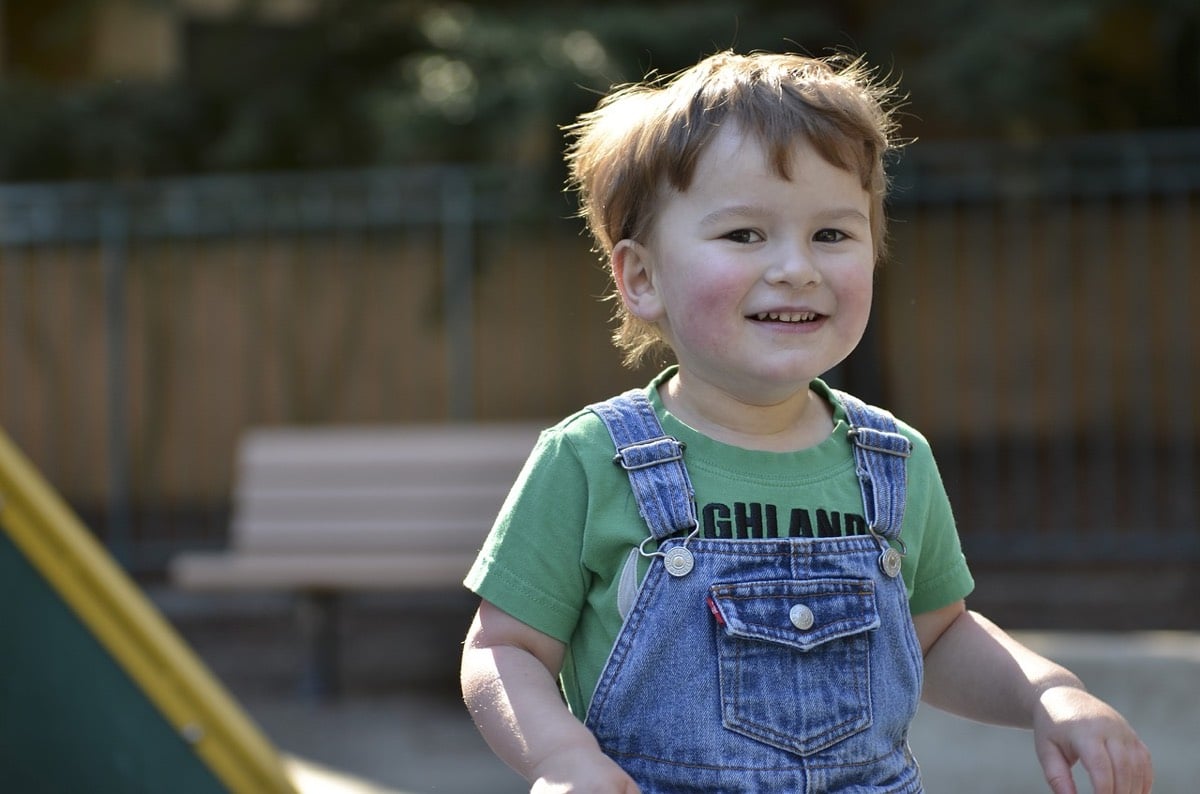Parents are understandably nervous when their son or daughter doesn't reach key developmental milestones at the same time as their peers. There is one milestone in particular that parents are most concerned about: learning to speak. Most people assume that a language delay or speech disorder will have a long-term impact on a child's ability to succeed in school and beyond. But a condition called Einstein syndrome shows that this is not always the case. In this specific case, it could be said that the children who are slow to talk are more intelligent.
Einstein syndrome is named after Albert Einstein, a certified genius and, according to some of his biographers, a late speaker who did not speak complete sentences before the age of 5. Taking Einstein as an example, it was thought that children who start talking later are more intelligent., following in the footsteps of this famous scientist. Even so, it is still a matter of concern for parents.
Are children who start talking later more intelligent?

Einstein syndrome is a condition in which a child experiences a late onset of language but demonstrates subservience in other areas of analytical thinking. A child with Einstein syndrome manages to speak without problems, but remains ahead in other areas. While talking late can be a sign of autism or other developmental conditions, there is a significant percentage of boys and girls who talk late but then do much better, proving to be highly analytical and productive thinkers.
The truth is that there has not been enough research on this syndrome. It is a descriptive term with no agreed definition or medical criteria, making it difficult to research. Really we do not know how widespread this condition is, if it is genetic or environmental, or if it appears with other conditions as autism, which cause delays in language and speech. It is believed that a percentage of children diagnosed as late talkers outgrow this developmental delay and prove to be gifted and exceptionally bright. These children would be candidates to include them within the Einstein syndrome, and in their case it would be true that children who start speaking late are more intelligent.
Population studies have shown that only a small percentage of children who start speaking late have an autism spectrum disorder (ASD). But many doctors try to look for more symptoms of autism in children who speak late, rather than trying to rule out the condition. So for a late-talking child with no other apparent underlying conditions, a diagnosis of ASD would be inaccurate and recommended therapies would not be productive.
What to do if a child is slow to speak?

If you are concerned that your son or daughter may have a speech delay, the first step to take is to go to your pediatrician. Your doctor will perform a thorough medical evaluation and connect you with a speech-language pathologist and other experts if necessary. Most experts agree that early intervention is essential. Therefore, as soon as you begin to suspect that your son or daughter is not reaching speech milestones adequately, go to his or her pediatrician to find out what is wrong. It is important to know that several sessions may pass before a diagnosis is made.
Don't be afraid to disagree with the diagnosis if you think it's inaccurate. If you know that your child responds when you speak to him and participates in the world around him, an ASD diagnosis may be inaccurate. Before getting to that point, hearing may be checked to ensure there are no physical impairments that prevent the child from speaking.
What treatment can a child who is slow to speak have?

Regardless of whether your son or daughter has Einstein syndrome, ASD, or just a form of speech delay, should start therapy to improve the condition. But in addition to therapy with a professional, there are also activities that can be practiced at home to encourage the child to start saying more words. Therapy will be tailored to the type of delay you have as shown by your evaluation.
For example, your son or daughter may be found to have an expressive language delay, where he or she has difficulty speaking but understands what is said and responds. In this case, you may receive a list of recommended activities at home along with formal speech therapy. Expressive and receptive language delays may require further evaluation and more intensive therapy, because the child would not only have difficulties to speak but also to understand.